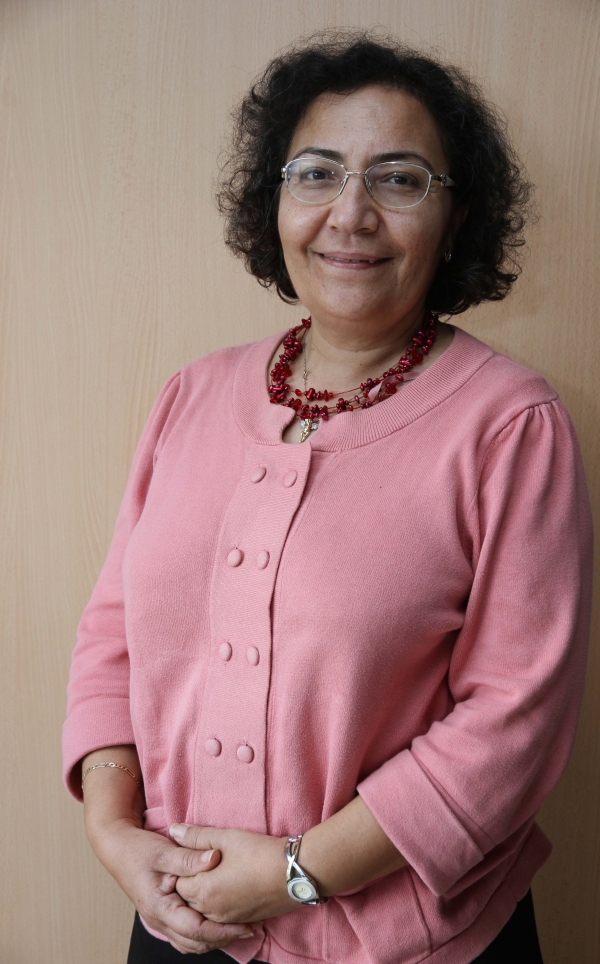LET YOUR TYPE OF INTELLIGENCE DETERMINE YOUR CAREER

Following the announcement of the results for Undergraduate Placement Exam, 946 thousand 244 prospective university students were recommended to choose their professions according to their types of intelligence. The experts stated that the types of intelligence determined the abilities and behavioural characteristics, and pointed out that the students needed to consider the professions they believe they would be successful at as the university selection period is coming to an end on July 17.
Prof. Dr. İlgi Şemin, Director of IUE Vocational School of Health Sciences, stated that the prospective university students and their parents searched for the answers to ‘which is the right profession, how to make the best decision?’ questions, and she said, “Types of intelligence determines the abilities, behavioural characteristics, and strengths of individuals, in other words, they show how our brain functions, and the occupations we might be successful at. Identifying the types of intelligence would be very helpful in choosing the right professions.”
Prof. Dr. Şemin mentioned that there were several different types of intelligence and each individual had a unique intelligence profile. She said that in order for young people to choose the right career that would make them happy, they needed to know themselves better. Prof. Dr. Şemin stated that there were verbal-linguistic, logistical-mathematical, visual-spatial, musical-rhythmic, bodily-kinaesthetic, interpersonal-social, intra personal-introverted, and naturalist types of intelligences, and she explained them as below:
Verbal-linguistic intelligence: Linguistic ability consists of the ability to abstract and figurative thinking, making concepts, writing poetry, stories, and humour, and to use language to express and appreciate complex meanings. These people are good at reading, writing, speaking, and discussing. They can use language efficiently. They learn best by explaining, listening, and reading. People with this kind of intelligence can become writers, poets, teachers, journalists, lawyers, and comedians.
Logistical-mathematical intelligence: Logical-mathematical intelligence is the ability to think scientifically, observe objectively, make inference, make a conclusion, and hypothesize. These people are good at identifying objects, analysing, and problem solving. They learn best by classifying, sequencing, and abstracting. People with this kind of intelligence can become scientists, engineers, computer programmers, mathematicians, accountants, economists, and judges.
Visual-spatial intelligence: Visual-spatial intelligence is the ability to visualize and imagine. These people are good at observing objectively, or displaying visual or spatial ideas graphically, comprehending colours, lines, shapes, space, and the relation between these. People with this kind of intelligence can become artists, photographers, cartographer, graphic designer, engineers, architects, and travellers.
Musical-rhythmic intelligence: People with this kind of intelligence have ability to recognize and use tunes and rhythmic concepts. They learn best by music, rhythm, and melody. They can become singers, composers, music teachers, theatre actors, etc.
Bodily-kinaesthetic intelligence: Bodily kinaesthetic intelligence is the capacity to manipulate objects and use a variety of physical skills, such as playing games, or creating a new product and expressing emotions. They learn best by touching, moving, creating. People with this kind of intelligence can become athletes, dancers, ballerinas/ballets, actors/actresses, surgeons, mime artists.
Interpersonal-social intelligence: Interpersonal intelligence is the ability to understand and interact effectively with others through effective verbal and nonverbal communication. They enjoy socialising and cooperating with others. People with this kind of intelligence can become teachers, social workers, psychologists, counsellors, politicians, doctors, and businessmen.
Intra personal-introverted intelligence: Intra-personal intelligence is the capacity to understand oneself and one’s thoughts and feelings, and to use such knowledge in planning and directioning one’s life. Intra-personal intelligence involves not only an appreciation of the self, but also of the others. They like to meditate. People with this kind of intelligence can become artists, spiritual leaders, social workers, psychotherapists, etc.
Naturalist intelligence: It is the ability to discriminate among living things as plants, minerals, animals as well as other features of the natural world such as mountains, seas, seasons, etc. They learn best by observing, investigating, analysing. People with this kind of intelligence can become agricultural engineers, archaeologists, biologists, zoologists, veterinarians, meteorologist, and environmentalists.















